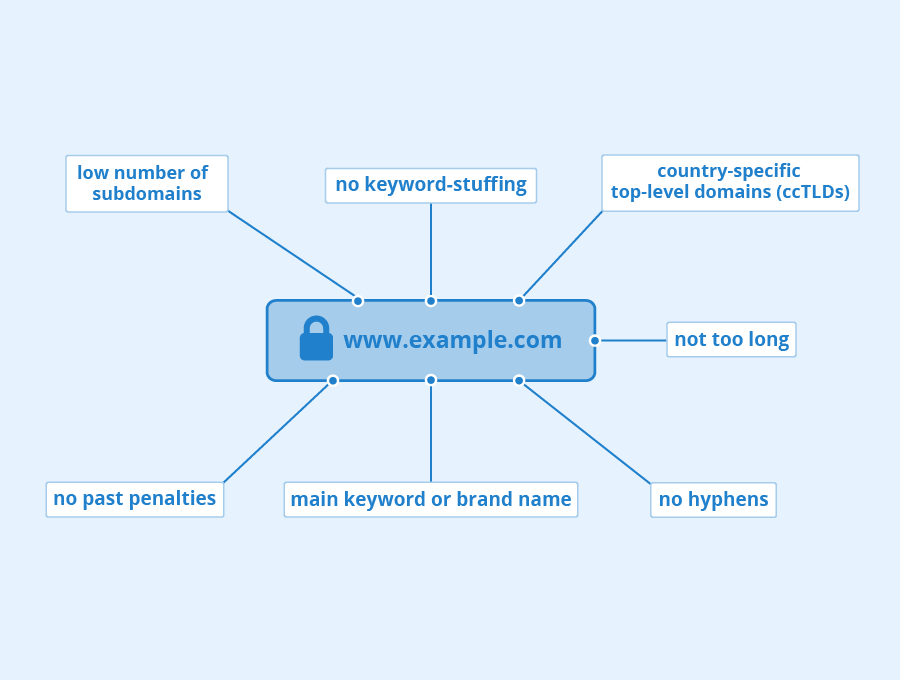What is a domain in SEO?
When it comes to Search Engine Optimization (SEO), one of the key terms that you will often come across is ‘domain’. Understanding what a domain is and its role in SEO is crucial for any website owner looking to improve their online visibility and rank higher in search engine results.
A domain is essentially the web address of your website. It is the URL that users type into their browser to access your site. For example, in the URL www.example.com, ‘example.com’ is the domain name.
In the context of SEO, the domain plays a significant role in determining how search engines evaluate and rank your website. Here are some key factors to consider when it comes to domains and SEO:
1. Domain Authority
Domain authority is a metric developed by Moz that predicts how well a website will rank on search engine results pages. It is based on a scale of 1 to 100, with higher scores indicating a greater ability to rank. Factors that influence domain authority include the age of the domain, the number of backlinks, and the overall quality of the content on the site.
2. Domain Age
The age of a domain is another key factor that influences its SEO performance. Older domains tend to have more authority and trust in the eyes of search engines, making it easier for them to rank higher in search results. It is important to note that domain age is not something that can be changed overnight, so it is essential to choose a domain name that you plan to stick with for the long term.
3. Domain Extension
The domain extension, also known as the top-level domain (TLD), can also impact SEO. Common TLDs such as .com, .org, and .net are generally considered more trustworthy and authoritative by search engines, making it easier for websites with these extensions to rank higher. While there is no definitive proof that a specific TLD directly impacts SEO rankings, it is something to consider when choosing a domain name.
4. Keywords in the Domain
Having relevant keywords in your domain name can also have a positive impact on your SEO efforts. Search engines use keywords in the domain to understand the content and purpose of the website better. However, it is essential to balance the use of keywords in the domain to avoid appearing spammy and artificial.
5. Domain Redirects
When changing domains or moving content to a new website, proper redirects are essential to maintain SEO rankings. Redirects ensure that users and search engines are directed to the correct pages, preventing any loss of traffic or authority. Implementing 301 redirects is the best practice to maintain SEO value when changing domains.
In conclusion, understanding the role of the domain in SEO is crucial for any website looking to improve its online visibility and search engine rankings. By considering factors such as domain authority, age, extension, keywords, and redirects, website owners can optimize their domain for better SEO performance.
